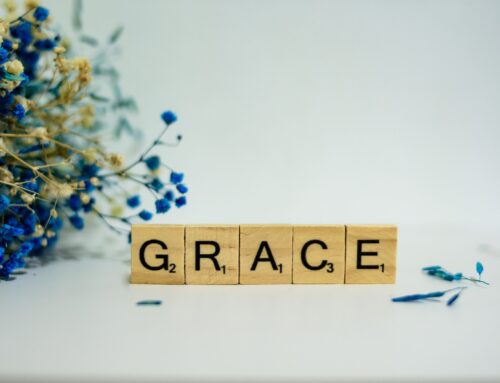As part of my series on the qualities and attributes I feel are important to develop in ourselves that will help us in becoming visionary writers (and effective human beings), today I’d like to examine the quality of discipline.
As I often do when I start making a new distinction, I like to look up the current definition of the term. Here’s how the Miriam-Webster dictionary defines discipline:
- punishment
- obsolete : instruction
- a field of study
- training that corrects, molds, or perfects the mental faculties or moral character
- control gained by enforcing obedience or order b : orderly or prescribed conduct or pattern of behavior c : self-control
- a rule or system of rules governing conduct or activity
As I read over these definitions I realized why so many artists and creative folks shy away from being disciplined in their work. Who wants to be punished, molded or have to follow a bunch of rules or the ‘system’? And yet, I still believe that being disciplined is a valuable asset to acquire for all creative types including visionary writers. Why? Because it’s key to creating the work that is an expression of your true self and purpose.
So, I’d like to offer my own definition as a starting point to creating the distinction of:
Discipline: the ability developed over time through committed intention to stay true to your purpose in your thoughts, words and actions.
Now, let’s pull this apart a bit so we can really examine what it means. First off, discipline is an ability that can be developed over time. It’s not something that is passed on genetically from generation to generation, nor is the lack of discipline something that you have when you’re missing the ‘discipline gene.’ Of course, if you were brought up in a family environment where discipline was missing, then you’ve may not have taken on the process of developing it in your own life, but that doesn’t mean you can’t start…even immediately, like today.
So, how do you start? Well, that’s where the ‘committed intention’ comes in. Start by determining who are you and how you choose to express your true you. In my work as a Life On Purpose Coach I often talk about this aspect of yourself as your Divinely Inspired Life Purpose — that context of being, vision, and core values that has the power to shape each and every moment of your life as you go about doing whatever you choose to do. (You can learn more about the DILP here).
Once you have a clear sense of that true purpose, you commit to living true to it, and in the process you’ve set a powerful intention into motion. In the process of setting this intention, it’s also useful to become clear what some of the various ways you will express your purpose. That might be in your profession, as a parent, as a community member. It could also include as an artist, writer, sculptor, etc. You follow through with that commitment by practicing what I call Congruent Creativity. (You can learn more about this including the 8 steps to developing it here.)
Discipline Taken to the Extreme
I do think it’s a good idea to look at what can happen if you take discipline too far. (Like I do from time-to-time.) Discipline to the extreme shows up as being inflexible, ruled by your schedule or ‘to do’ list. You can become rigid and any spontaneity can go out the window.
I share this for the simple reason that if you begin to notice these traits slipping into your life, you can then put in a course correction. You don’t need to throw the whole idea of discipline out the window, just ease up a little.
Two Strategies for Developing Discipline
One of my favorite way to develop and maintain discipline in my own life is to create games. Most of these ‘discipline inducing games’ have fairly short time frames. I figure I can take on such a game for a week or a month at a time, and if I like the results the game produces, I can always repeat it for another period of time, often adjusting the rules of the game to make it even more fun and result producing.
One such game that I’ve recently written about on this blog is the “Write 1K Every Day” game. Another one that I created years ago is the Big R Game which was a longer game but that produced great results. You can learn all about the Big R Game (by the way “R” stands of rejection) in my book, From Spark to Flame: Fanning Your Passion and Ideas into Money Making Magazine Articles that Make a Difference. In these ways, the process of discipline can be fun and energizing. I can avoid the ‘punishment’ mentality and as for rules, well they’re easier to follow when I’m the one making them up.
The second strategy is particularly important early on when you first commit to developing discipline. The strategy is forgiveness. When you stray off course, you drop the ball on what you said you wanted to accomplish, you end up sleeping in late when you vowed to get up at 6 am…in all those times you fall short from what you promised, forgive yourself. This isn’t to let yourself off the hook but to give you the space to be human — to really go for it and fail, then go for it again. And we’ll explore that more fully in a later post on purposeful patience and persistence.
Give discipline a try. Before you know it, you’ll have more of it in your life, and your writing will show it. Let me know what you find works for you.





Leave A Comment